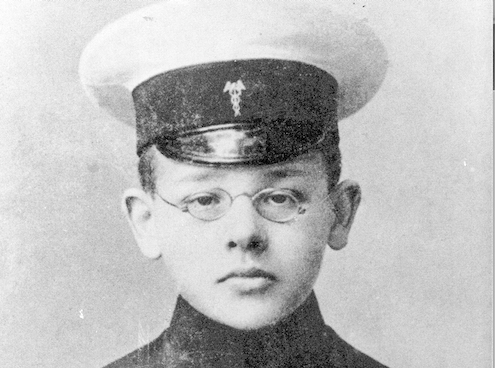Isaak Babel
Full Description
The Russian-Jewish author Isaak Babel (1894-1940) became famous overnight in 1925 upon the publication of The Red Cavalry, a collection of short stories that ranks high in the canon of twentieth century literature. As a screenplay writer for Sergei Eisenstein, Babel also played a critical role in the development of Soviet cinema. For all his fame, the private Babel remains an enigma. Filmmaker Jack Jannsen interweaves fragments of Babel’s stories (including the film adaptation of ("Benya Krik") with the testimony of surviving family members. A contradictory portrait emerges. Babel was a man of great charm who loved children. He was also a tyrant. His three children, each fathered with a different woman, tell of the powerful presence he still has in their lives. His only surviving widow, Anthonina Pirozkhova, an engineer who helped build Moscow’s famous subway system, has devoted much of her life to keeping Babel’s memory alive. She talks about the recurring theme of family reunion that runs through his work, a scene that seldom occurred in his life. Babel lived glamorously and adventurously until, like many Jewish artists, he was executed by Stalin.
Filmmaker Bio(s)
Director Jack Janssen's love for filmmaking dates back from his teens, experimenting with the 8mm film camera of his father. After studying anthropological film at the university, he turned to documentary filmmaking and now works as an independent in Amsterdam.
In 1990 his first documentary film Dead End Track, following the idealism and deception of an ex-freedomfighter on a journey by train through the war in Mozambique. The film was shown in New York at the Margaret Mead Documentary Film Festival.
Jack Janssen has just completed shooting his latest documentary Safari about (old) romantics and (today's) realities of an African game-reserve as seen from the different perspectives of visitors to the park in Kenya and the Masai people living around it. It is inspired by the 8mm images of Africa made by his father in the fifties taken with the very same camera the director made his first shots.
Director(s)
Country(ies)
Language(s)
w/English Subtitle
Release Year
Festival Year(s)
Running Time
52


